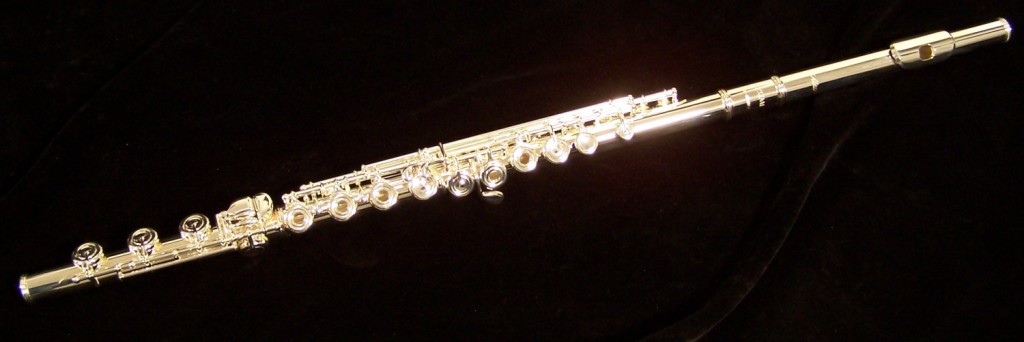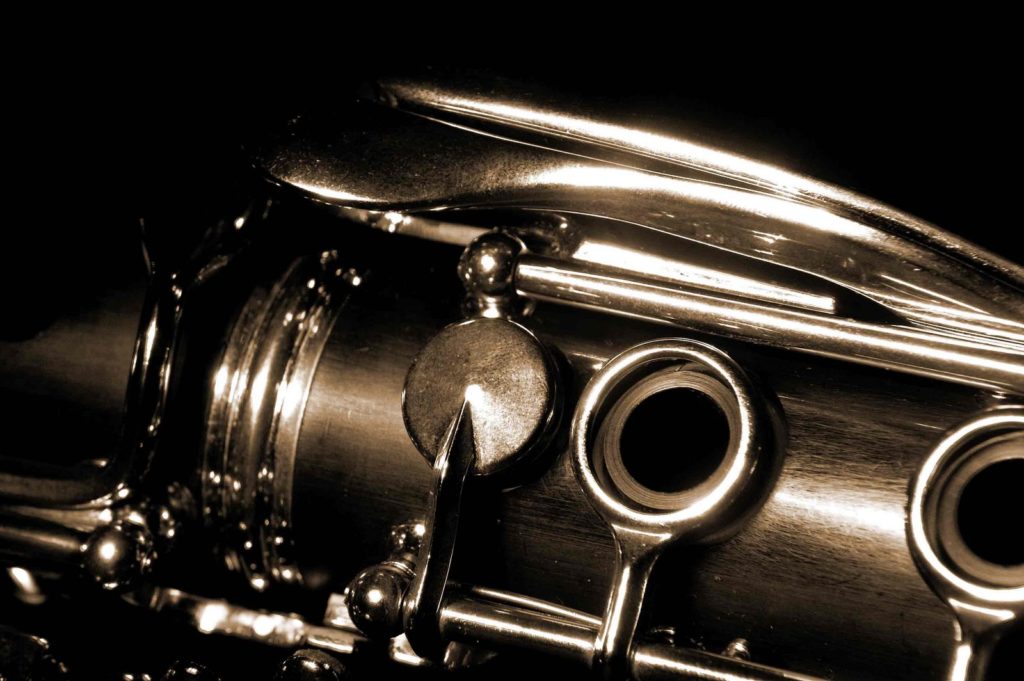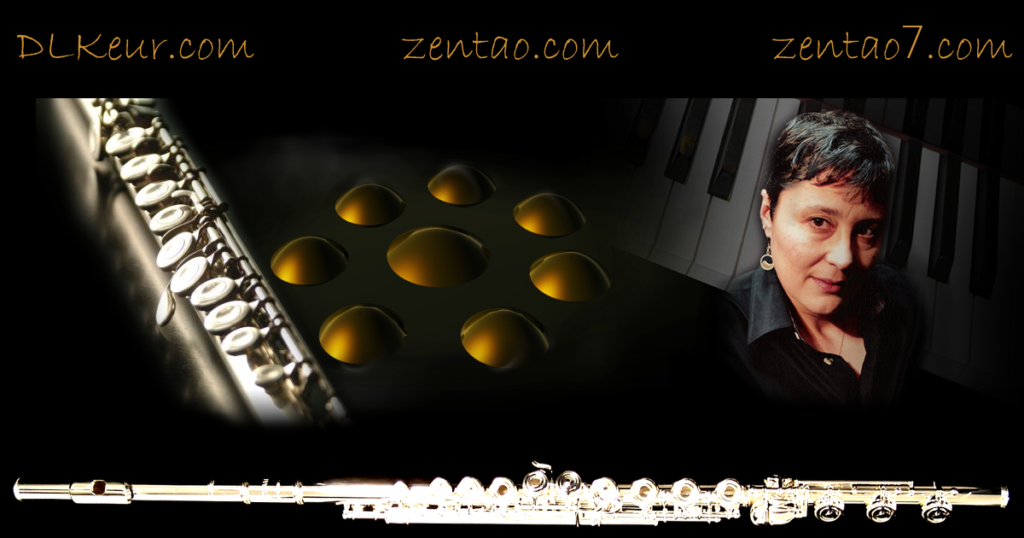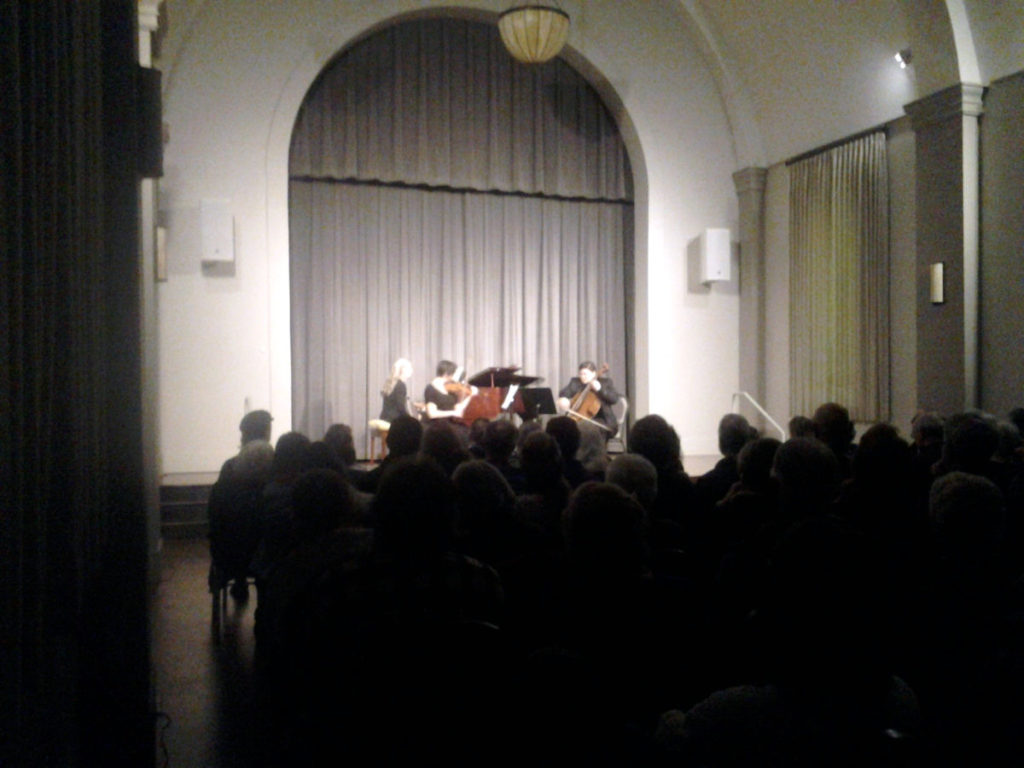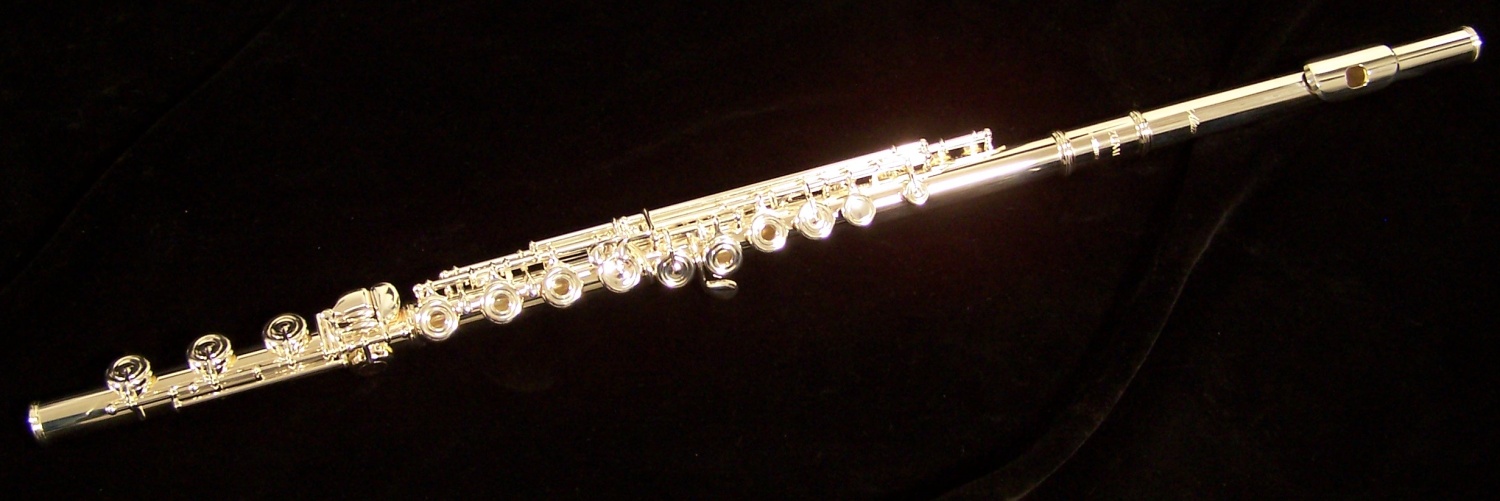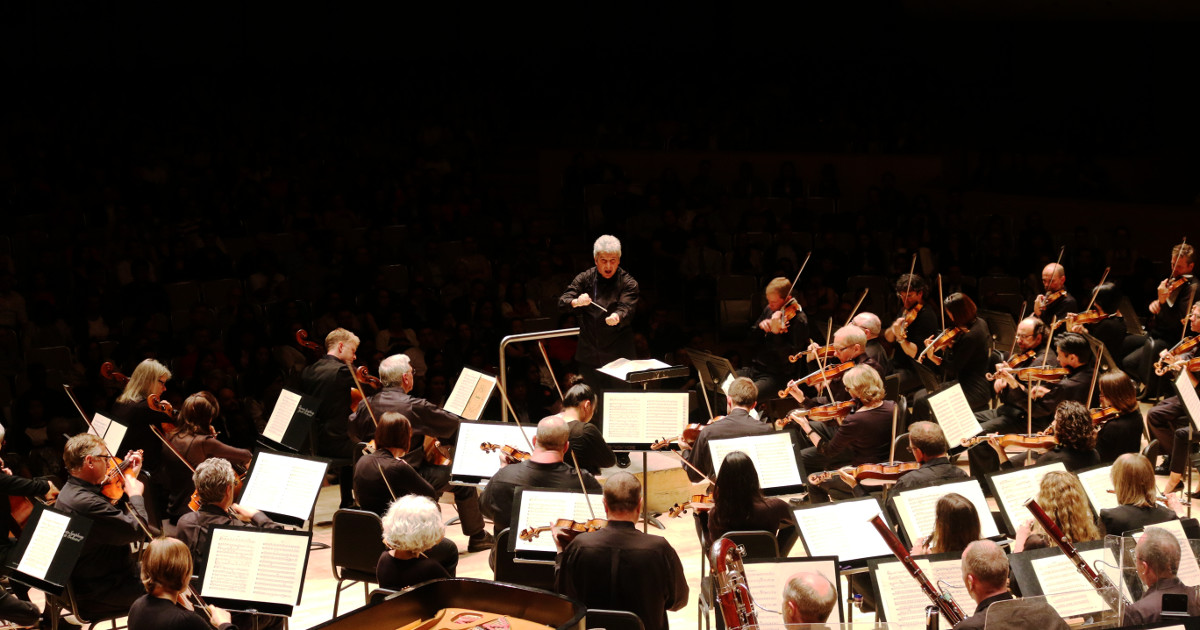
I haven’t seen this particular and helpful flute technique mentioned. There’s discussion about embouchure, about fingers, about breathing, about tone, but not much about something so simple and easy to do that it should go into every flutist’s (maybe even every musician’s) knowledge base. It was taught to me, so I’ll pass it along. It’s ‘knowing the next note’.
I’m not talking about reading ahead, where we are reading one, two, or more measures ahead of what we’re actually playing. No. This technique has nothing at all to do with whether you are playing something that you are reading off a score or something you are playing from memory.
‘Knowing the next note’ means: Have the next note you are going to play after the one you are presently playing already in your head. When you do this, your brain already has set up for the transition.
A lot of players play ‘in the moment’ only, note by note. They may know the piece inside and out, they may read ahead, but they’re concentrating solely upon the note they are playing — its intonation, its quality, its dynamics…a lot of things, including quality and type of vibrato. But. They fail to ‘know the next note’, much less the entire phrase, both of which are exceedingly helpful, giving your body, via your brain’s mental preparations, a head start in preparing for the fine motor skill changes that lead to smooth, clean transitions, note-to-note, regardless of difficult fingerings or of interval jumps. Here’s how:
When playing, simply ‘know the next note’. So, if I’m playing a first register A and the next note is a third register E, I already ‘know’ that, next, I will be playing that third register E, no matter how fast or slowly that E comes after the A. And as I’m playing that third register E, I ‘know’ that the next note I will play will be a second register D. Then, as I’m playing that second register D, I ‘know’ I will be playing a first register C# after that.
The ‘know’ is an active ‘knowing’, instant by instant, note by note.
If it’s a run that comes after, then, ‘know’ the run, and, especially, ‘know’ that run’s target note while playing the previous note.
In essence, you’re focused on the note you’re playing, but, underneath, are actively aware of the note you’re going to next. And it also helps to know the entire phrase in your head in the background, behind the active ‘playing this, knowing that next is this’ technique.
This is a ‘brain technique’ that, once mastered, effortlessly does magical things to performance for smoothing out transitions between even the most difficult fingering changes and intervals one must play.
Hope this helps you.
